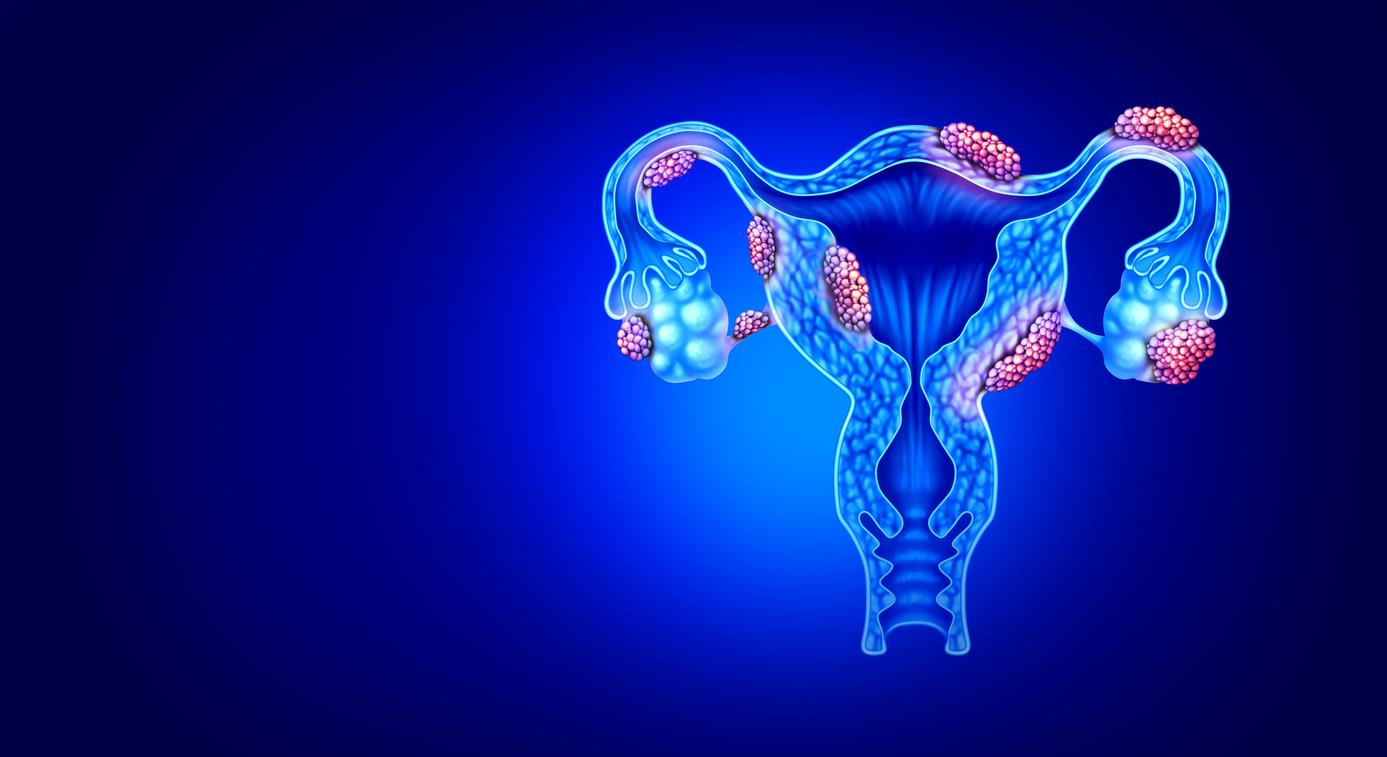Mindfulness meditation is on the rise: already recognized as beneficial for fight against stress, to improve the daily life of patients in the hospital and even to overcome the feeling of loneliness, this “well-being technique” inspired by Asian traditions is very fashionable.
But as with homeopathy, detractors of mindfulness meditation consider the positive effects of this “alternative therapy” to be comparable to those of placebos – “fake” drugs whose only effects are psychological. However, researchers from Wake Forest Baptist Medical Center (United States) have just shown that mindfulness meditation has a real impact on the body, which has nothing to do withplacebo effect.
27% less pain
To reach this conclusion, the scientists (who published their work in the specialized journal Journal of Neuroscience) organized an experiment with 75 volunteers, healthy men and women. These were divided into 4 groups: the first was to react to pain via the mindfulness meditation, the second via a placebo relaxation, the third using a placebo drug and the last, without anything at all. The pain was aroused through a superficial burn. The participants’ reaction was measured using questionnaires and their brain activity was recorded using medical imaging techniques.
Verdict? At the end of the experiment, the participants of the first group declared 27% less pain compared to the other volunteers – when the two placebo techniques recorded “only” scores of – 11% and – 13%. And the areas of the brain that were “activated” through mindfulness meditation were totally different from those that were “activated” by the two placebo techniques.
“These findings allow us to say that mindfulness meditation has a real effect on the brain,” say the researchers. We recommend a daily session of at least 20 minutes for people with chronic pain. “


















